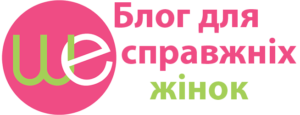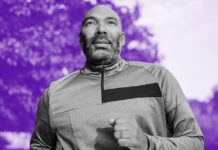Gen Z faces unprecedented pressures: social media saturation, pandemic-era isolation, and intense parental expectations. This unique context has made them both the most open generation about mental health and the most likely to perceive therapy as a sign of weakness – a striking contradiction. A recent discussion between BetterHelp’s chief growth officer, Sara Brooks, and members of the SheKnows Teen Council – Greta, Juliet, Anaïs, and Clive – illuminated this paradox and explored how young people navigate these complex feelings while planning for the future.
Зміст
The Mental Health Paradox: Openness vs. Stigma
The conversation highlighted a core tension: Gen Z openly discusses mental health online, yet many still harbor internal stigmas about seeking professional help. Juliet pointed out this “interesting paradox,” while Brooks emphasized the need to normalize therapy as a proactive tool, not a last resort. The pressure to appear strong and self-reliant, especially in a hyper-competitive environment, contributes to this reluctance.
Career Advice & Unplugging: Lessons From the Top
Brooks shared practical advice on career decision-making and maintaining mental well-being in a demanding field. She described her approach to unplugging from work, advocating for time spent outdoors as a restorative practice. Greta related this to her own experiences with college applications, balancing academic pressures with the desire for enjoyment.
Overthinking & Analysis Paralysis: A Common Struggle
The conversation delved into the phenomenon of “analysis paralysis” – overthinking decisions to the point of inaction. Greta identified strongly with this struggle, recognizing it in her own approach to major life choices. This insight underscores the need for Gen Z to develop coping mechanisms for managing anxiety and decision fatigue.
Matching Therapy Seekers: The BetterHelp Approach
Clive explained BetterHelp’s matching process, which uses detailed intake quizzes to connect users with suitable therapists. The platform’s approach prioritizes personalization, recognizing that effective therapy requires a strong therapist-client fit. This highlights the importance of finding a professional who understands individual needs and preferences.
Finding Connections: Online vs. In-Person
Clive also noted the unique ability of online platforms to facilitate connections that may not be possible in person. This suggests that digital spaces can play a valuable role in mental health support, particularly for those who struggle with traditional barriers to access.
The conversation between BetterHelp’s Sara Brooks and the SheKnows Teen Council reveals a generation grappling with unique pressures, yet actively seeking solutions. Gen Z’s openness about mental health is a positive trend, but the stigma surrounding therapy persists. By normalizing professional help and prioritizing self-care, young people can navigate these challenges and build a foundation for long-term well-being
























